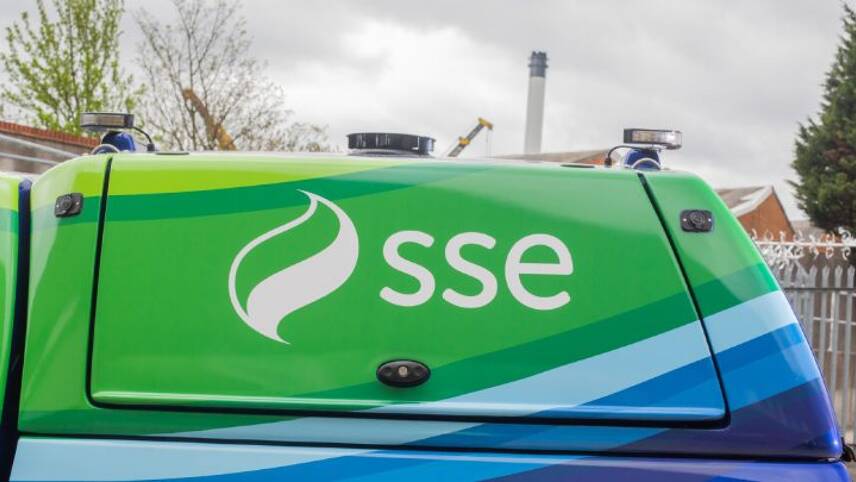Register for free and continue reading
Join our growing army of changemakers and get unlimited access to our premium content

The commitments collectively account for more than 21
Through The Climate Group’s EV100 initiative, the companies have committed to play their part in making electrified transport “the new normal” by 2030.
These commitments will see SSE and Centrica switch the entirety of their fleets with electric vehicles (EVs) by 2030, ten years ahead of the Government’s ban on the sale of new petrol and diesel cars. Centrica notably operates the UK’s third largest commercial fleet, with 12,500 vehicles globally, while SSE’s fleet is the seventh largest nationally and consists of around 5,300 vehicles.
Mitie will also target complete fleet electrification by 2030, with a 2020 target to electrify at least one-fifth of its 3,500-vehicle portfolio. To support this shift, the firm will install 800 EV charging points at its offices, client bases and employees’ homes over the next 18 months.
Mitie’s fleet and procurement director Simon King said the switch to EVs would be “challenging”, but that all companies now “need to take responsibility and commit to change”.
“We want to drive change in the facilities management industry and this is an important step in the effort to combat climate change,” King said.
“We want to ensure our sizeable fleet is as green and sustainable as possible and show other companies making the switch to electric vehicles is the right thing for their people, the planet and their pockets.”
Mitie is notably also a member of Global Action Plan’s Clean Van Commitment, which commits signatories to electrify their van fleets by 2028. Other companies among the 25+ participants include Tesco, Network Rail, ENGIE and United Utilities.
Accelerating the shift
When The Climate Group published its first annual update on the EV100 initiative this spring, it revealed that 31 companies had joined the initiative between its 2017 launch and February 2019.
As of February, EV100 had spurred the adoption of 10,000 low-carbon vehicles. The Climate Group is now targeting two million vehicles by 2030.
Companies to have joined EV100 in its early stages include the likes of BT, Ikea and Unilever, with JD Sport, The City of London Corporation, Swiss Post and Austrian Post counting among the more recent additions.
However, a lack of infrastructure is a key challenge facing EV100 members if they are to achieve their EV visions. During its research for the report, the Climate Group also asked all EV100 members what the key barriers to EV adoption for their organisations were, with seven out of ten citing a lack of charging infrastructure as their biggest concern. Indeed, a recent study by consultancy firm Delta-EE concluded that the UK is “lagging behind” other European nations in installing EV charging infrastructure.
Commenting on the new commitments from Mitie, SSE and Centrica, The Climate Group’s chief executive Helen Clarkson said they were “sending a clear message” on the direction of travel for transport.
“With demand for clean transport on the up, energy companies are looking to electric vehicles and charging infrastructure as the next frontier of investment in the clean and flexible energy system – and there are huge business opportunities for those who get ahead first,” Clarkson said.
Sarah George


Please login or Register to leave a comment.